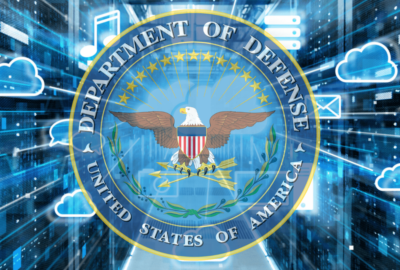Cybersecurity top concern for federal CIOs, survey finds
The report said cybersecurity contributed to some CIOs' reluctance to adopt mobility and cloud computing initiatives.
Cybersecurity is the number one concern of federal chief information officers, according to a survey by TechAmerica and Grant Thornton LLP.
The survey found cybersecurity contributed to some CIOs’ reluctance to adopt mobility and cloud computing initiatives.
CIOs said Congress needs to update the Federal Information Security Management Act (FISMA). They also called for more clear guidance on governmentwide cyber priorities.
One CIO said cybersecurity governmentwide is “inconsistently applied, and quality is all over the place.”
For example, most data breaches come from within an agency, but the agency’s resources are focused on outsider threats, a CIO pointed out.
The survey was the result of interviews with 40 CIOs, information resources management officials and congressional oversight committee staff.
| Concern | % of times mentioned |
| Cybersecurity | 20% |
| Controlling costs | 15% |
| Human capital | 12% |
| Central agency policy | 10% |
| Mobility | 7% |
| Other* | 37% |
| *Growth in demand or requirements, shared services, politics, analytics, investment management, specific technologies, change management, leadership. | |
Budget concerns
Although cybersecurity threats are on the rise, many agencies are seeing their security budgets cut, the report said. Most CIOs said they needed more funding for cybersecurity.
The challenge of providing more services on a flat or smaller budget applies to other areas, in addition to cyber.
Fifty-four percent of CIOs surveyed said controlling IT costs was their number one management objective.
“Financial relief is not likely for several years to come, yet during that time citizen demand for digital public service will continue to swell. What is the magic formula for meeting that demand despite constrained budgets? Government CIOs must discover it through innovations and investments that deliver the promise of technology with fewer new resources than ever before,” the survey said.
The tight budget environment has had an upside: It’s given CIOs permission to implement more innovative solutions to eliminate waste and redundancies and increase efficiencies.
One CIO, for example, decided to use “thin client hardware and virtualization” instead of buying new laptops.
However, some CIOs also said they needed “seed money” for innovations.
“There is really not much left to work with for cuts. We are operating at bare bones right now,” one CIO said.
RELATED STORIES
OMB gives agencies four months to figure out shared services
Technology no longer a barrier to telework, experts say
Copyright © 2024 Federal News Network. All rights reserved. This website is not intended for users located within the European Economic Area.





